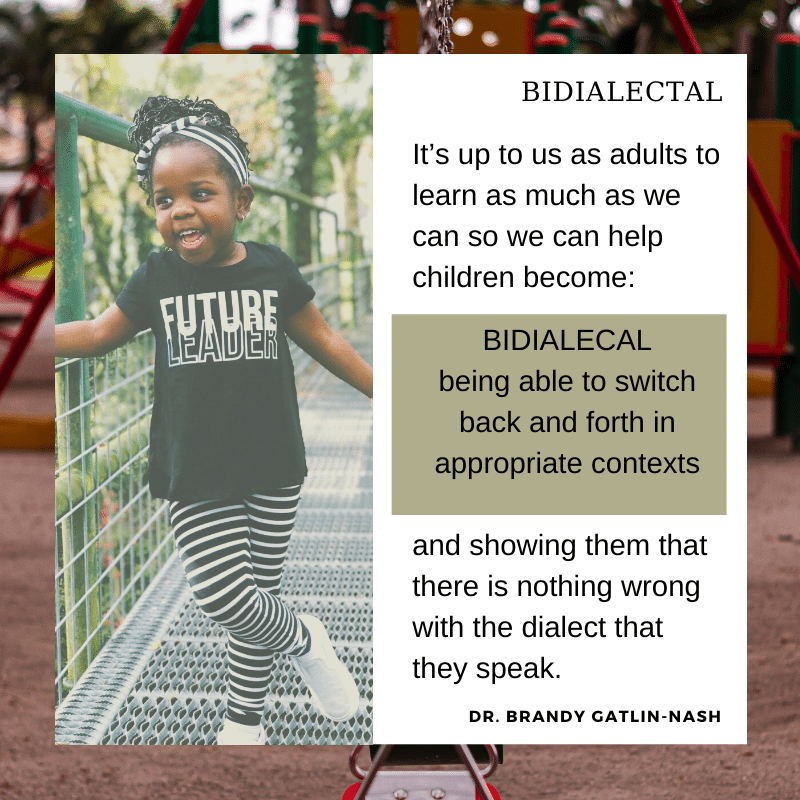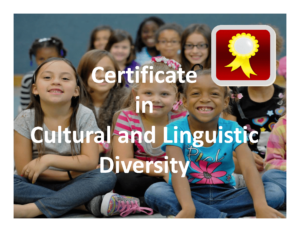Our national conversation is intensely focused on anti-racism and equity in special education and general education. These conversations have opened the eyes of many to the fact that our colleagues and students of color have endured hardships, fear, injustices, and roadblocks that have perpetuated inequities in our educational system for too many years. What can we do to make change?
Engage in Self-Reflection
I have spent my career focused on supporting students from diverse backgrounds, and I realize that there is so much more I can do to promote anti-racism and equity in our schools.
As part of my quest to educate myself and reflect on the issues at the forefront of the national conversation, I have taken a deep dive into books, podcasts, courses, and town hall meetings to listen and partake in discussions surrounding anti-racism. I understand that we all have implicit biases that have been built by the ideas that surround us, and that we all need to take time to unpack those biases, and move to change our vocabulary, processes, and systems, to create change that will build equity in special education, our schools, and our communities.
Start with your words. The words we use matter.
There is so much terminology in our field that we use day in and day out that is packed with biases. Dr. Anne Larson of the University of Minnesota talks about strength-based versus deficit-based language in the field of education. A strength-based approach addresses the whole child and what they bring to the table. A deficit-based approach considers what the child lacks and how they stack up next to monolingual English-speaking peers. Consider the term English Language Learner, or ELL as it is commonly used in the education world. When a student is described as an ELL, what we know is that they are learning English. What we don’t know is what language they speak as their native tongue. What does this child bring to the table? What if we flipped this and started with what the child brings to the table?
“Jean is a native French speaker who is in the process of acquiring English.”
That’s better! Jean isn’t just a person learning English. He is a French speaker learning English as his second language.
Equity in Special Education Means Not Calling Normal Patterns “Errors”
For years, as I have worked to understand similarities and differences between languages, I have used the term “Spanish-influenced error.” My intent was to describe the common patterns we see when native Spanish speakers who are in the process of acquiring English say something in English that contains structures or sounds from Spanish. I am now choosing to use the term “Spanish-influenced pattern.” These are normal and common patterns for those acquiring more than one language. They aren’t errors and they aren’t indicative of speech or language disorders.
Value Home Dialects and Support Students in Being Bidialectal

In a conversation with Dr. Brandy Gatlin-Nash, she talked about the importance of letting students know we value their home dialect. If a student turns in a paper in which they have used their home dialect, and it is covered in red ink and described as “full of errors,” what will that do to his self-esteem? If instead, we teach students to be “bidialectal” by teaching them that there are different dialects of English that are used in different places. With this approach, we can build confidence in our students. See this quick video of Dr. Gatlin-Nash on this topic.
Equity in Special Education Means Creating Broad Representation in Your Materials
Representation means that teachers, principals, and other leaders reflect the demographics of the student body in the schools they serve. We can also incorporate representation into our materials. If you are talking about engineers, be sure you have representations of engineers who every one of your students can identify with.
Jordyn Carroll, aka JRC the SLP, has done some great work in this area. She has developed culturally and racially diverse action cards and description cards, among other great resources to promote diversity in the field of speech-language pathology.
Be Mindful of Stereotyping

To take this one step further, we need to be mindful of stereotyping in the work we use. In a webinar series on dismantling systemic racism in education presented by the LBJ Presidential Library, Ken Shelton of Elevate Education talked about how centering, profiling, tokenism, and stereotypes further implicit biases. He noted that Google searches are packed with them. We need to be aware of the stereotypes and the ways these biases negatively impact students of color. For more from Ken Shelton, see this presentation.
We are all in a learning zone and have work to do to promote equity in special education and throughout our educational system. In every course I have taken and every conversation I have had about anti-racism and equity, I take something with me to focus on and incorporate into my life and practice. I hope that we can work together as a community of educators and SLPs to make positive changes in our schools and communities that will empower our students and colleagues of color and will move toward building equity.
Read More on Equity in Special Education:




Great strategies and great reminders. “Spanish-influenced pattern” is a phrase that is so useful and accurate. I used to say “influenced errors” too and always stuttered on the word “errors” as I knew that wasn’t an accurate description but struggled to find right word. Thanks Bilinguistics for continuing to bring us these thoughtful blog posts and resources to be better SLPs and to better serve our populations.
Thanks, Gina! It’s so important that we all continue to reflect on our practices and grow professionally!